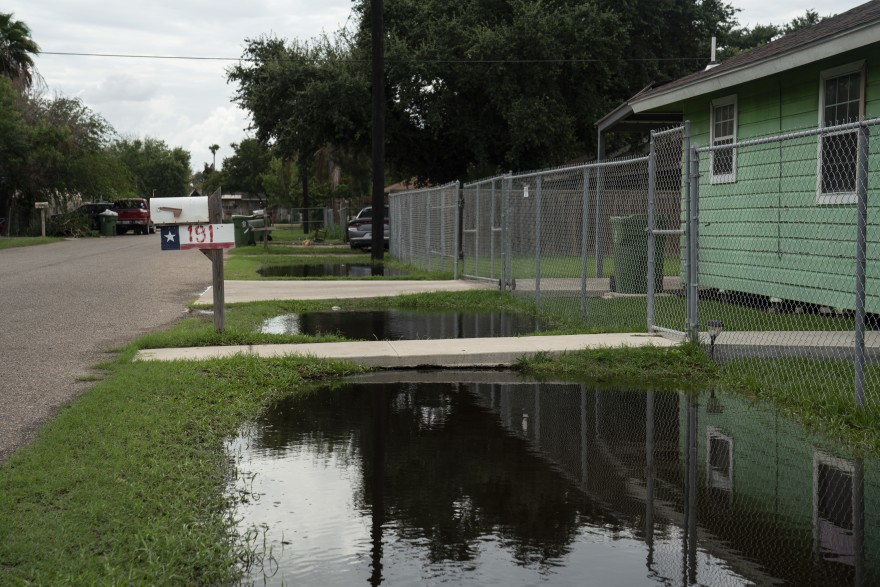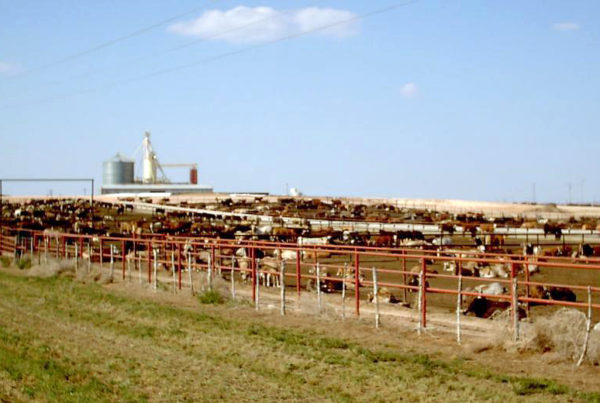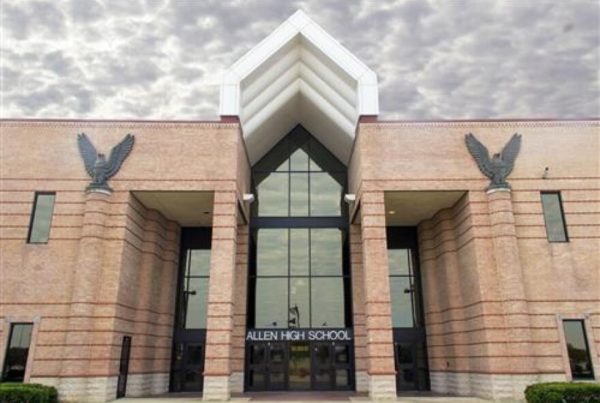A new law requires landlords in Texas to inform prospective renters whether their properties are in flood plains.
Jasper Scherer has been writing about this for the Houston Chronicle, where he covers state politics.
Listen to the interview above or read the transcript below.
This transcript has been edited lightly for clarity.
Texas Standard: What does this new law say specifically about when and how a landlord is supposed to tell prospective tenants about a location being in a floodplain?
Jasper Scherer: As you noted, landlords have to tell their tenants – either prospective tenants or current tenants who are renewing their leases – if the property is located inside a 100-year flood plain or if the property was damaged by flooding within the last five years. And the 100-year flood plain is kind of a jargon-y term that’s supposed to refer to property that’s located in an area where a storm that would occur every 100 years would flood.
And as we’ve seen in recent storms, a lot of those maps are really out of date. So I think that’s what this law is trying to be, kind of a catchall, and also refer to those areas that have been flooded within the last five years as well, a lot of which are located outside of those flood plains.
Editor’s Note: The term 100-year flood shouldn’t be interpreted as a flood that can only happen once every 100 years. In fact, the USGS says they can happen two years in a row. Another way to understand the term is that such a flood has a 1% likelihood of occurring each year.
What are tenant advocates saying about this? I’ve heard some say that this law might not be enough to ensure people that live in places within flood plains actually know what the situation is, is that right?
I think the big thing we’re hearing from them is they’re just relieved that this is bringing renters in line with homebuyers. The Legislature enacted similar requirements for those selling homes back in 2019, and this bill just didn’t get across the finish line that year. That just kind of puts them on a level playing field.
I guess that’s progress some would say. But on the other hand, if you’re in a long-term lease, it doesn’t seem like there’s any requirement for a landlord to let you know until it’s time to renew that lease, is that right?
In that case, you could theoretically see if someone had just renewed their lease and then a big storm is coming down the pike, that that tenant wouldn’t get the benefit of this bill. I think that’s the big loophole. But what I’ve been hearing mostly from tenant advocates is that I think they are pretty satisfied with the language in this, just addressing those properties that fall outside the 100-year flood plain with these outdated maps. It kind of scoops up those homes because of the five-year flooding requirement.
What about the landlord who maybe didn’t know their property was in a flood plain? Could this mean more apartments and rental houses could cease to exist in some of these areas? And could that, in turn, exacerbate a shortage of housing?
Yeah, I think that’s absolutely a real concern. And some of the opposition to this bill in 2019 from some of the landlord advocate groups, I think they were concerned that landlords might not be aware. But with the new law in place, some of those groups are trying to publicize, put out news releases, directly contact the landlords to make sure they know about the new requirements.
And in some cases, yes. I think it might discourage some landlords or even prospective landlords from buying properties that they know are in flood-prone areas now that they are going to be required to inform their tenants, when they didn’t have to do so in the past.














